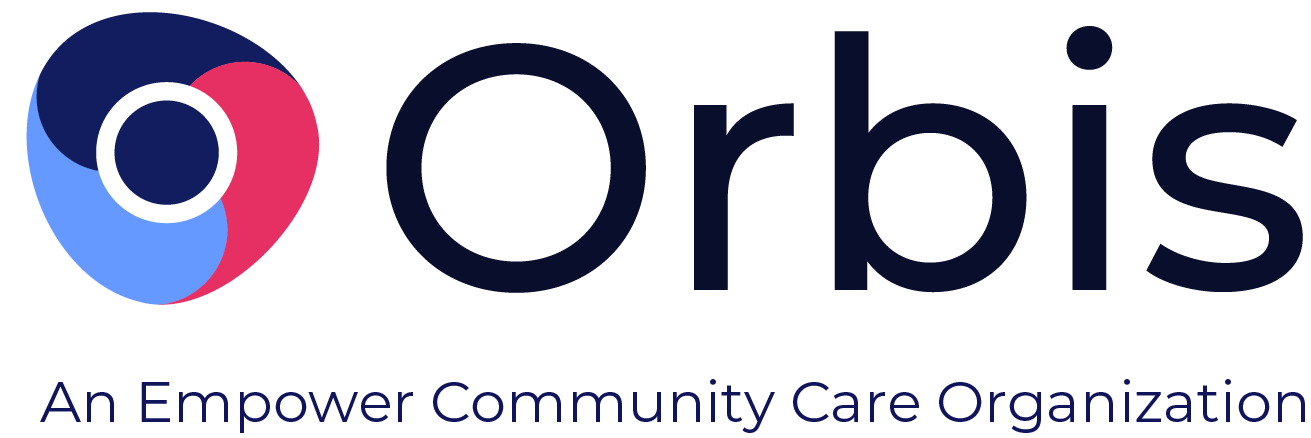For decades, the Youth Assessment and Screening Instrument (YASI) has helped juvenile justice professionals make informed decisions about supervision, intervention, and support. Its value as a structured tool for understanding youth risk, needs, and strengths is well-documented and widely used. However, the approaches we use to support young people must expand to reflect the needs of broader populations.
The Comprehensive Assessment for Services and Support of Youth (CASSY) offers this broadened approach. Built on the foundation of YASI, CASSY is a next-generation youth assessment tool designed to meet the complex and interconnected needs of today’s youth.
CASSY incorporates modern, strengths-based, and trauma-informed practices to support justice-involved youth as well as other vulnerable youth populations. The needs assessed in CASSY are applicable across a wide range of contexts, such as child welfare, homeless youth services, education, substance use support, and re-entry. While it doesn't replace YASI it can be used in conjunction>
Its goal is to help providers across systems use one consistent and flexible youth assessment tool built on collaborative case management that drives successful planning.
What Inspired CASSY?
The push for a more well-rounded, youth-centered assessment model like CASSY didn't come out of nowhere. It was driven, in large part, by the Illinois Redeploy Program, which challenged the status quo and sought something better-something that reflected the real lives and complex needs of today's youth. They needed a youth assessment tool that could identify risks while also highlighting strengths, supporting personal growth, and guiding service planning across multiple life domains. This is where the CASSY redesign began.
Traditional tools, including earlier versions of YASI, were primarily focused on identifying risk and managing delinquent behavior. While helpful in certain contexts, they often left out critical areas like mental health, physical wellness, family connection, motivation, and resilience. However, these areas are essential to understanding how youth engage with the world and what kind of support will actually make a difference in their lives. Because we cannot view justice-involved youth as a set of risks, they are whole people with great potential that often goes unrecognized in conventional assessments.
CASSY responds to the growing demand for youth assessment tools that are both trauma-informed and strengths-based. It marks the evolution from checklists of deficits to a more human approach that helps providers understand a young person's needs and strengths as two sides of the same story.
YASI vs. CASSY: What's New and Enhanced?
As mentioned, this next-generation youth assessment tool builds on the legacy of YASI.
|
Feature |
YASI |
CASSY |
|
Total Items |
88 |
106 |
|
Number of Domains |
10 |
15 |
|
Language |
Risk/Deficit-Oriented |
Trauma-Informed & Strengths-Based |
|
Strength Tracking |
Limited |
Embedded Across 10 Domains |
|
Success Planning Support |
Moderate |
Deep Integration via CaseWorks |
Where YASI offered 88 items across 10 core domains, CASSY expands the lens with 106 items and 15 domains, giving providers a more comprehensive and nuanced understanding of each young person they serve.
New domains, such as Motivation & Confidence and Social Thinking, reflect the growing need to recognize internal drivers, emotional resilience, and decision-making patterns. The model also leans heavily on the Positive Youth Development framework, grounding the assessment in research that emphasizes strengths, relationships, and real-world skill-building.
CASSY also uses more modern language. Terms like "Legal History" have been replaced with "Justice Impacts." It reframes "risk level" as "vulnerability level." Updating language in this way is a subtle but important shift that acknowledges a young person's experience without defining them by it. More compassionate and collaborative terminology signals a broader shift from system-centered control to youth-centered planning.
Additionally, CASSY incorporates dynamic scoring for both needs and strengths, which allows providers to track progress over time. This tracking lets youth see their growth, helps practitioners craft plans that adapt as things change, and facilitates collaboration between the young person and the person supporting them.
CASSY is a youth assessment tool that helps reframe the conversation from "What's wrong with you?" to "What's working, and where do we go from here?"
CASSY is a Youth Assessment Tool Built for Broader Systems
Young people's needs don't fit neatly into system silos, and neither should the tools we use to support them. Whether you work in child welfare, a school district, a homeless youth shelter, a substance use recovery program, or manage youth re-entry services, CASSY is adaptable and flexible across various contexts. It's a tool built for every system that touches a young person's life.
CASSY utilizes Motivational Interviewing techniques, trauma-informed questions, and what Orbis refers to as the "feedback wheel" to transform assessment into a conversation. That conversation becomes the foundation for something more meaningful than a compliance checklist: Success Planning. But what's the difference?
Case Planning vs. Success Planning: Why It Matters
Case Planning is about meeting requirements. Success Planning is about meeting young people where they are and helping them move toward where they want to go. It's a process that begins by identifying youth risks, needs, and strengths, but it doesn't end there. Instead, it helps youth define their own priorities, set realistic goals, and connect the dots between their values and the services being offered.
CASSY is a youth assessment tool that facilitates Success Planning by zeroing in on two crucial concepts:
- Behavior success focuses on meeting the needs that help youth follow probation or court expectations and lower their chances of future justice involvement. This often includes building practical skills like conflict resolution or everyday life skills.
- Personal success centers on supporting youth in achieving their own goals, such as reconnecting with family, excelling academically, finding employment, forming healthy relationships, pursuing hobbies, or engaging with their community.
This strengths-based approach is particularly important when working with justice-involved youth and others who have had little say in the decisions made about them. It builds trust and increases buy-in because it invites youth into the process of shaping their own goals.
How CASSY Aligns with Best Practices in Risk and Needs Assessments
The Justice Center outlines thirteen guidelines to improve risk and needs assessments, organized around the principles of accuracy, fairness, transparency, and communication. We built CASSY with all four in mind.
Here's how CASSY puts those best practices into action:
- Accuracy: CASSY employs evidence-based methods to capture both dynamic and static factors, enabling providers to make informed service decisions using reliable data. It also follows the Risk-Need-Responsivity (RNR) model to guarantee interventions align with each youth's specific circumstances.
- Fairness: By replacing outdated terms with trauma-informed, non-stigmatizing language, CASSY helps reduce bias and promote balanced support across populations.
- Transparency: This youth assessment tool makes the assessment process transparent and accessible through visual tools and shared scoring frameworks that both young people and providers can view and discuss in real time.
- Communication: CASSY incorporates structured feedback tools that turn results into conversation. This invites youth into collaborative planning and supports the development of personalized, strength-based goals.
CASSY is a Youth Assessment Tool that Reimagines Assessments
CASSY is a youth assessment tool designed to reflect the modern realities young people face. Whether you're working with justice-involved youth, students, or young people in community-based programs, CASSY provides a consistent and adaptable framework to support early intervention and track progress over time. It's a solution that turns best practices into better outcomes.
Bring a modern youth assessment tool to your organization by learning how you can implement CASSY today.
Orbis Partners provides solutions for criminal justice and human services systems, specializing in designing and implementing services for at-risk client groups. Orbis' risk, needs and strengths assessment tools are designed to guide the casework process by incorporating an individual's unique set of needs. For more information about our assessments, visit our Assessments page.


